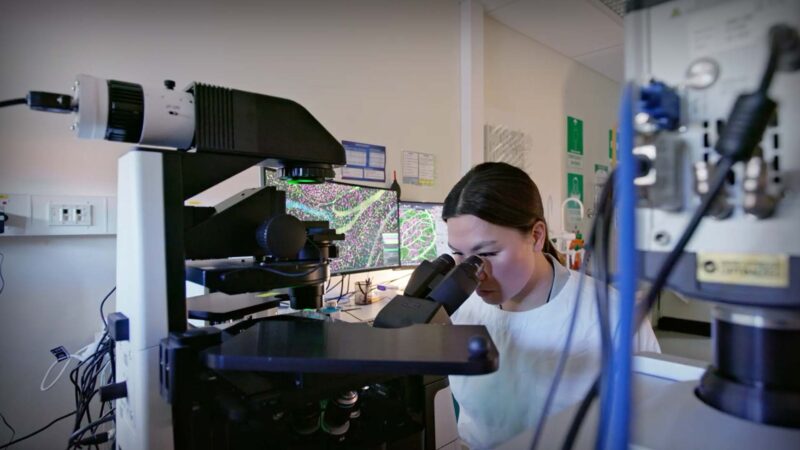HEALTHCARE ASSOCIATED INFECTION PREVENTION
RESEARCHER PROFILE
Professor Philip Russo (Filmed June 2024)
Professor of Nursing
Director of Research, Nursing & Midwifery, Monash University &
Director of Nursing Research, Cabrini Health, Melbourne, Australia
Professor Russo is Director of Research, Nursing and Midwifery, Faculty of Medicine, Nursing and Health Sciences, Monash University, Victoria, Australia and Director of Nursing Research, Cabrini Health.
Professor Russo is an internationally regarded expert in healthcare associated infection prevention, and led the recently completed the Australian National Healthcare Associated Infection Point Prevalence Survey, the first in Australia for 34 years. He is also Past President of the Australasian College for Infection Prevention and Control (ACIPC), the peak body for Infection Prevention and Control professionals in the Australasian region.
Aside from his role at ACIPC, other leadership and engagement activities include; former Deputy Chair of the Infection Control Expert Group (COVID-19), a member of the National COVID-19 Clinical Evidence Taskforce Steering Committee, the National Health and Medical Research Council Infection Control Guidelines Advisory Committee, and the Healthcare Associated Infection Advisory Committee for the Australian Commission on Safety and Quality in Health Care.
Professor Russo is the recipient of a National Health and Medical Research Early Career Fellowship and has attracted research funding from government, industry, philanthropic and academic sources. He has presented at both national and international conferences, authored over 100 peer reviewed articles and several book chapters.
You Might also like
-
Nutraceutical and pharmacological intervention in neurological disorders
Dr Virginie Lam is a neuroscientist and cerebrovascular biologist with over 15 years of research experience, including more than seven years post-PhD. She co-leads the Neurovascular and Metabolic Diseases Laboratory at the Curtin Medical Research Institute and holds an affiliate appointment at the Perron Institute for Neurological and Translational Science. Her research focuses on the interface between neurovascular health, cognitive function, and therapeutic translation in neurodegenerative disorders.
-
Developing upper limb motor biomarkers of dementia
Kaylee is currently a research fellow with the Wicking Dementia Research and Education Centre at the University of Tasmania. She has recently submitted her PhD thesis, reporting the findings of her research on developing upper limb motor biomarkers of dementia. She has postgrad degrees in physiotherapy and experience working in the community and aged care across Tasmania for several years, where she worked with people with dementia.
-
Dr Kelly-Anne Masterman
RESEARCH IN NEEDLE-FREE VACCINE DELIVERY SYSTEM
@ VAXXAS, BRISBANE, QUEENSLAND, AUSTRALIA



